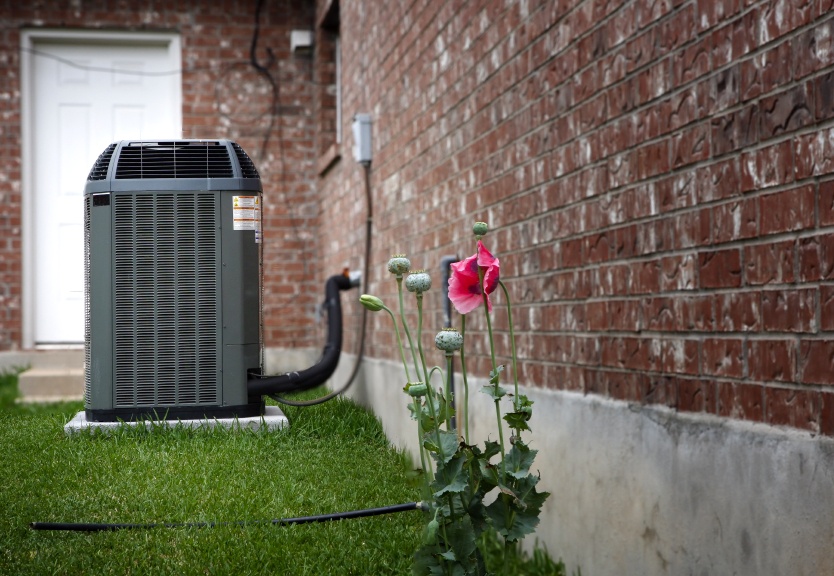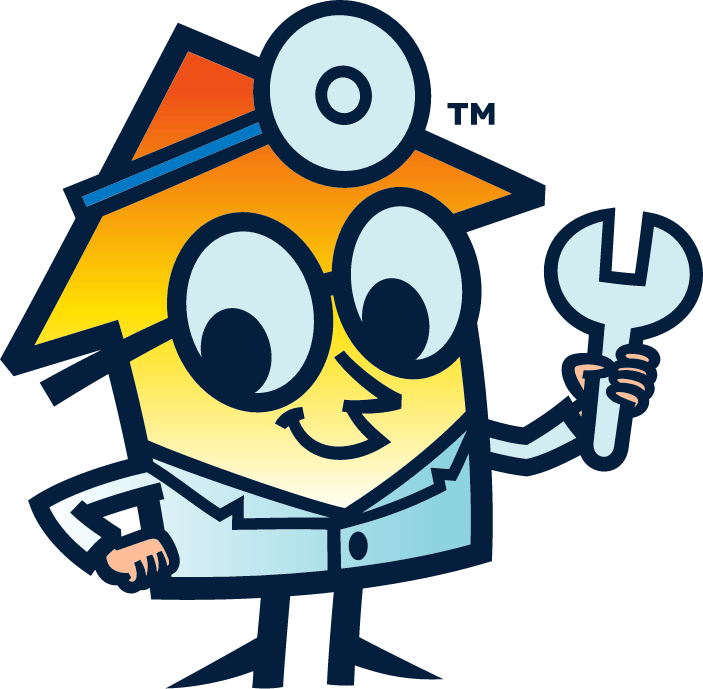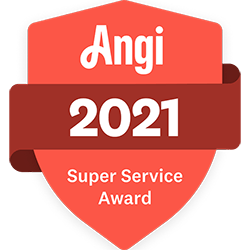Are you getting the most out of your Raleigh home’s central HVAC system? If you’re like many, you might not be, and that could be costing you more money to operate than it should. Not only could your HVAC system have lower energy efficiency, but it might also not be able to keep up with your home’s demands in terms of comfort. This could be true even with new HVAC systems and well-maintained systems because the problem isn’t age or neglect but rather imbalanced and restricted airflow. Here are five things you need to know about HVAC airflow and what you need to do to improve yours.
1. Even Heating and Cooling
Proper HVAC airflow matters for many reasons, but the most important might just be the comfort of your home. When your HVAC system is unable to draw in fresh air from your home, it might not be able to put out sufficient amounts of hot or cold air when needed. An imbalance in your home’s return air ducts could lead to hot and cold spots in various parts of your home. You might feel a draft in some rooms while others are overly heated.
When your HVAC is installed, the installer should adjust it to operate within the appropriate parameters with a fan speed that matches the needs of your ductwork. This ensures your HVAC can draw the appropriate amount of air through the return vents and deliver perfectly conditioned air to every vent in your home. If these adjustments were not made or if your ductwork has been changed, your HVAC could have an inadequate airflow problem that needs to be addressed.
2. Protects Your HVAC Blower Motor
Proper HVAC airflow also protects your system’s blower motor from overheating and unnecessary wear and tear. When something is interfering with your HVAC’s ability to pull in air, the blower fan will work harder than necessary to compensate. Similarly, when the air pressure in your ductwork is higher than it should be, the blower fan will have to fight against that pressure to deliver air evenly throughout your home. In both cases, this can lead to a burnt-out blower fan or shorten your blower fan’s lifespan significantly.
3. Protects Your HVAC Heat Exchanger
Your HVAC contains a heat exchanger inside the unit. That’s where it heats or cools the air passing through the system, depending on the season. The heat exchanger is made of metal, which expands and contracts as it heats up and cools down. Fortunately, HVAC heat exchangers can withstand the temperature extremes inside your HVAC and last for many years.
Unfortunately, improper HVAC airflow can alter that equation. When your HVAC can’t move enough air past its heat exchanger, internal temperatures can become much higher or lower than they should be. Poor airflow can lead to overheating, and the heat exchanger will be vulnerable to excessive expansion, and it could even crack over time. You might find yourself facing a repair bill for the heat exchanger or find yourself investing in a whole new system.
4. Improves Indoor Air Quality
Your HVAC also plays a key role in your home’s indoor air quality. While it runs, your HVAC passes your home’s air through an air filter, removing dust and dirt before sending it back into your home. However, anything that obstructs your HVAC airflow can prevent your system from doing that. As a result, your home can end up with dirtier air with more contaminants in it than necessary.
5. Improves Energy Efficiency
Finally, proper HVAC airflow is essential if you want your HVAC to operate at peak efficiency. Poor airflow through your HVAC can force your system to run more frequently than necessary and for longer periods. This wastes a tremendous amount of energy, leading to higher energy bills. Plus, when your HVAC blower fan faces resistance in the form of excess pressure in your ductwork, it will draw more current and consume more electricity.
How To Improve Your HVAC Airflow
The good news is that there are several ways you can help improve your HVAC airflow. Some you can do on your own while others require the help of one of our HVAC technicians.
Replace Your HVAC Air Filter Regularly
A clogged air filter is the most common cause of poor HVAC airflow. To avoid that, you should replace your HVAC air filter roughly every three months. If your home is excessively dusty or any of its occupants has an allergy issue, you can replace your HVAC filter even more frequently than that. A quick rule of thumb is to hold the air filter up to a light source. If you can no longer see through it, you need to replace it.
Open Your Home’s Vents
Although you might think you’re saving money by closing HVAC vents in rooms you’re not using, doing so is going to impede airflow through your HVAC. Try to keep all of the vents in your home open all the time. If you need to control the temperature of a few rooms, you can partially close a vent or two. However, do so sparingly.
Open Your Home’s Doors
Although it’s fine to close the doors in your home occasionally for privacy, you should open them back up whenever you can. When you close doors inside your home, your HVAC can’t retrieve the conditioned air moving into those rooms. That can create an airflow imbalance and force your HVAC to work harder than necessary.
Schedule an HVAC Tune-up
The best way to prevent HVAC airflow problems is to have an HVAC tune-up performed by one of our expert HVAC technicians in Raleigh at least once a year. During their visit, our technician will replace your HVAC air filter, clean its major components, and examine its heat exchanger to look for obstructions. They’ll also check your home’s vents to see that each receives the proper amount of air. If they notice there’s an imbalance in your ductwork, they may adjust your ductwork dampers to counteract it. Or, they may alert you to the need for ductwork sealing to address air leaks that harm your HVAC airflow.
Your HVAC Airflow Experts
If you live in or around Raleigh, NC, Thermo Direct is the place to turn for any HVAC airflow problems. We’ve served the local community with quality HVAC installation, repair, and maintenance services since opening our doors in 2000. We offer complete electrical and plumbing services, in addition to air quality, duct repair, and insulation services. We have also received the Angie Super Service Award and are Better Business Bureau accredited with an A+ rating, so you know we provide top-quality workmanship and customer service.
If you suspect that you have an HVAC airflow problem in your Raleigh home, call the experts at Thermo Direct today.









